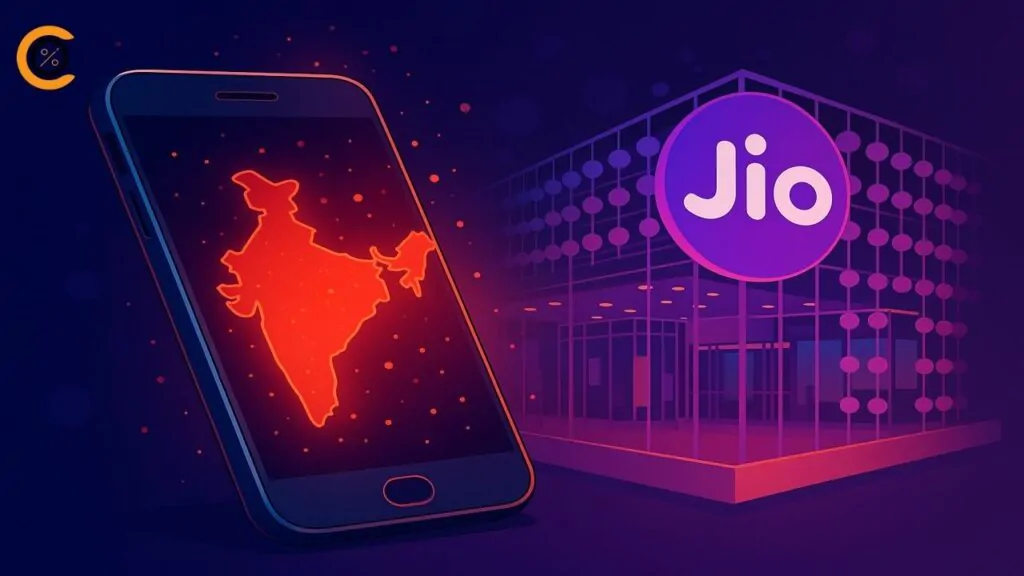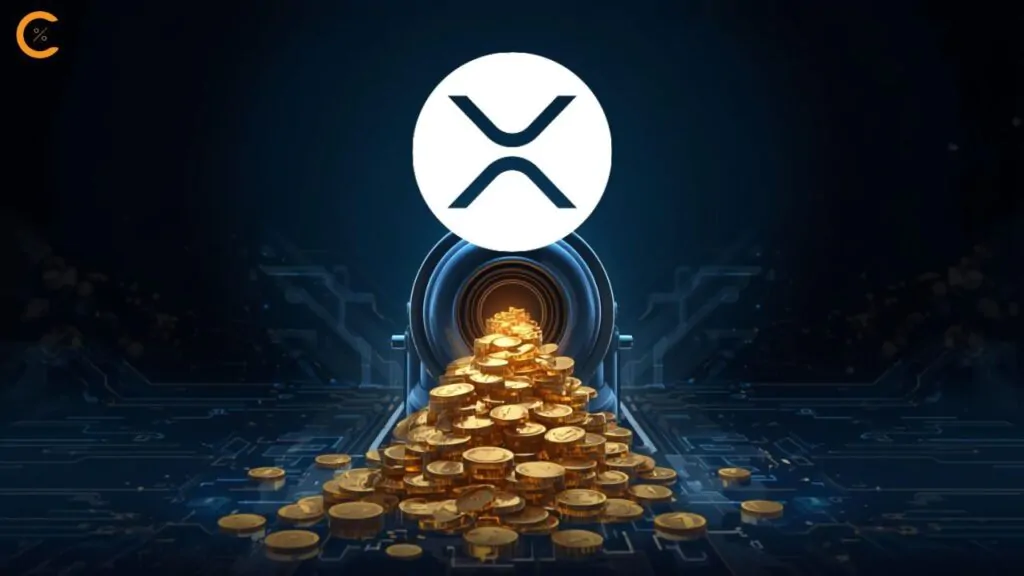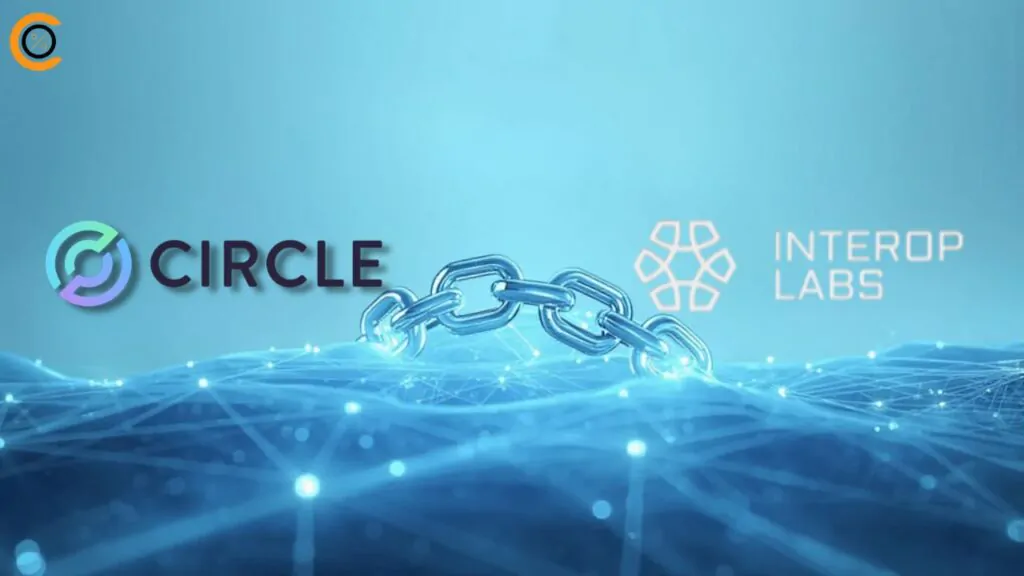- •The Reliance Jio Aptos partnership introduces blockchain-powered rewards for Jio’s 500M+ users, expanding its digital ecosystem.
- •Aptos Labs and the Aptos Foundation will support Jio with scalable, secure infrastructure to power real-world Web3 applications.
- •The collaboration signals India’s growing leadership in Web3 innovation, bridging telecom and blockchain for mass adoption.
Reliance Jio is taking another leap toward Web3. In a new move, the telecom giant has partnered with Aptos Labs and the Aptos Foundation to launch blockchain-based reward systems for its massive customer base. The Reliance Jio Aptos partnership could mark one of the largest-scale blockchain applications ever attempted by a telecom company.
India’s largest mobile network, with over 500 million subscribers, will now explore how Aptos’ Layer-1 blockchain can support rewards and incentive models within Jio’s digital ecosystem. Though full details remain limited, the collaboration points to Jio’s long-term commitment to blending advanced technologies with daily customer experiences.
Jio Steps into Web3 with Aptos Support
Reliance Jio’s alliance with Aptos was announced through official statements by both Aptos Labs and the Aptos Foundation. The partnership centers on using Aptos’ high-performance network to deliver blockchain-powered rewards directly to Jio customers.
Aptos is designed for scalability and security, capable of handling high transaction volumes without compromising reliability. This performance makes it an appealing choice for a telecom operator like Jio, which manages hundreds of millions of active users. According to Aptos, its infrastructure offers the “speed, security, and scalability” necessary for real-world consumer-grade blockchain applications.
Aptos Labs will provide technical assistance throughout the rollout, helping Jio design and implement reward mechanisms built on blockchain rails. The initiative is also seen as a way to accelerate India’s broader Web3 adoption, a sector that continues to grow alongside the country’s expanding digital economy.
Also read: US Seizes $15 Billion BTC, Boosts Reserves to $36 Billion
Blockchain Rewards and the Future of Digital Ecosystems
While Jio has not yet disclosed the exact format of these rewards, the system could involve tokenized incentives such as loyalty points, digital collectibles, or blockchain-verified achievements. Early reports suggest that the goal is to encourage participation and engagement across Jio’s expanding digital services, potentially allowing users to earn and redeem rewards seamlessly.
Aptos’ involvement signals more than just technical collaboration. It represents a test case for blockchain adoption at massive scale, possibly reaching one of the world’s largest active user bases. The Aptos Foundation’s participation also highlights its mission to enable accessible and secure Web3 experiences globally.
For Aptos, this partnership stands as evidence that blockchain networks can extend far beyond crypto-native use cases. If executed successfully, it may demonstrate how decentralized technology can integrate with telecom infrastructure to improve accessibility and ownership for mainstream consumers.
Related read: Indian Court Sentences 14 to Life in Bitcoin Extortion Case Trial
What This Means for India’s Web3 Growth
The Reliance Jio Aptos partnership represents a significant step in merging telecom services with blockchain technology. As Jio continues expanding its presence across digital payments, streaming, and AI-driven applications, adding blockchain rewards further strengthens its ecosystem.
Though specific program details are still developing, this initiative underscores Jio’s commitment to innovation at a national scale, bringing blockchain closer to everyday users rather than just crypto enthusiasts. Aptos, with its secure and efficient framework, could play a key role in supporting that transition.
If successful, the collaboration could become a blueprint for how enterprises integrate decentralized systems into consumer experiences. It reflects a larger movement across industries: building real-world blockchain applications that serve millions, not just early adopters.







